AP: US removes missile systems in Saudi Arabia amid Yemeni strikes
The United States has removed its most advanced missile system and Patriot batteries from Saudi Arabia in recent weeks, the Associated Press reports, even as the kingdom faces retaliatory missile and drone strikes from Yemen.
The US news agency said its analysis of satellite pictures showed the redeployment of the systems from Prince Sultan Air Base, some 115 kilometers (70 miles) southeast of Riyadh.
"The redeployment of the defenses from Prince Sultan Air Base outside of Riyadh came as America’s Persian Gulf Arab allies nervously watched the chaotic withdrawal of US troops from Afghanistan," the AP wrote.
Prince Sultan Air Base has been hosting several thousand US troops since 2019 when the Yemeni army forces and their allies launched a missile-and-drone attack on the heart of Saudi Arabia’s oil production.
The AP said Persian Gulf Arab nations worry about the US’s future plans as its military perceives a growing threat in Asia that requires those missile defenses.
“Perceptions matter whether or not they’re rooted in a cold, cold reality. And the perception is very clear that the US is not as committed to the Persian Gulf as it used to be in the views of many people in decision-making authority in the region,” the news agency cited Kristian Ulrichsen, a research fellow at the James A. Baker III Institute for Public Policy at Rice University, as saying.
“From the Saudi point of view, they now see Obama, Trump and Biden — three successive presidents — taking decisions that signify to some extent an abandonment,” Ulrichsen said.
Pentagon spokesperson John Kirby acknowledged “the redeployment of certain air defense assets”, but stressed that the US maintained a “broad and deep” commitment to its Middle East allies.
“The Defense Department continues to maintain tens of thousands of forces and a robust force posture in the Middle East representing some of our most advanced air power and maritime capabilities, in support of US national interests and our regional partnerships,” Kirby said.
The Saudi Defense Ministry, in a statement, also acknowledged the withdrawal of the American missile systems, but similarly said the kingdom had “strong, longstanding and historic” relationship with Washington.
The Saudi military, it said, “is capable of defending its lands, seas and airspace, and protecting its people.”
“The redeployment of some defense capabilities of the friendly United States of America from the region is carried out through common understanding and realignment of defense strategies as an attribute of operational deployment and disposition,” the statement said.
Yemeni armed forces launched a retaliatory drone attack against Saudi Arabia’s southwest on Thursday, in response to the kingdom’s ongoing military onslaught and brutal siege on its crisis-hit southern neighbor.
On Sunday, the Yemeni Armed Forces launched missile and drone strikes against Aramco oil facilities in the city of Ras Tanura in Saudi Arabia’s Eastern Province, and other locations.
Saudi Arabia, backed by the US and regional allies, launched a war on Yemen in March 2015, with the goal of bringing the government of former Yemeni president Abd Rabbuh Mansur Hadi back to power and crushing Ansarullah movement.
The war has left hundreds of thousands of Yemenis dead, and displaced millions more. It has also destroyed Yemen’s infrastructure and spread famine and infectious diseases.
Yemeni armed forces and allied Popular Committees, however, have grown steadily in strength against the Saudi-led invaders, and left Riyadh and its allies bogged down in the country.
Israel's high court grants Netanyahu 90 days to start Oct.7 inquiry
Lebanese president reaffirms support for Palestine as he meets Iranian officials
Hezbollah to continue on Nasrallah’s path: Sheikh Qassem
Resistance will continue until ultimate goal achieved, Leader warns enemy
Israel strikes south Lebanon on Nasrallah’s funeral day, heightening tensions
Trump wants return on Ukraine aid: ‘We’re getting our money back’
The world’s longest tunnel between Iran and Qatar
Lebanese woman who defied ban to raise Nasrallah's photo at Beirut Airport speaks out


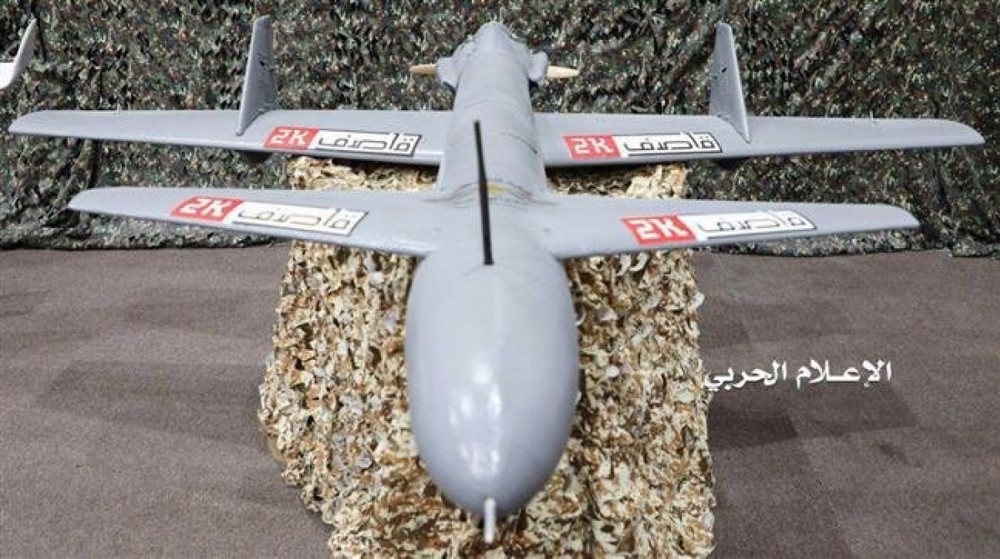
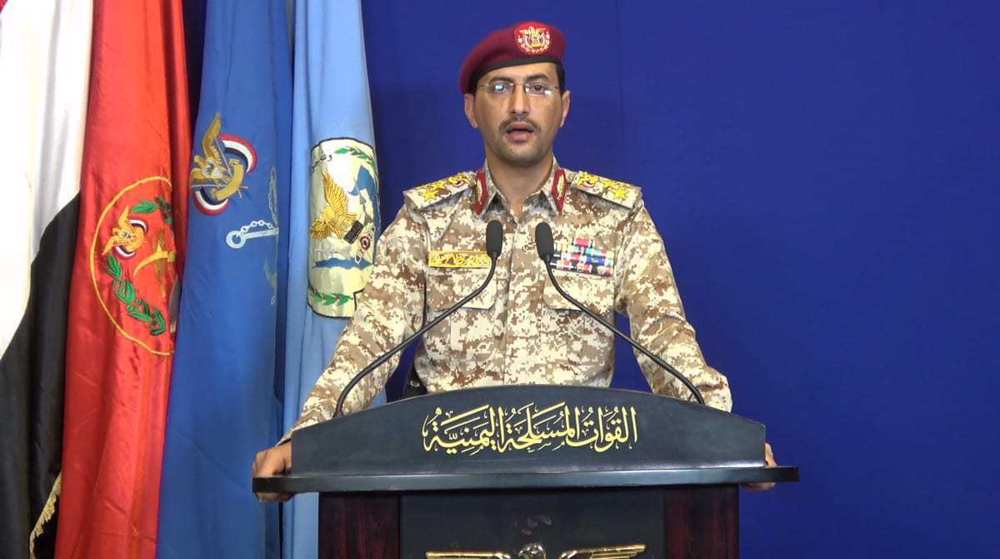
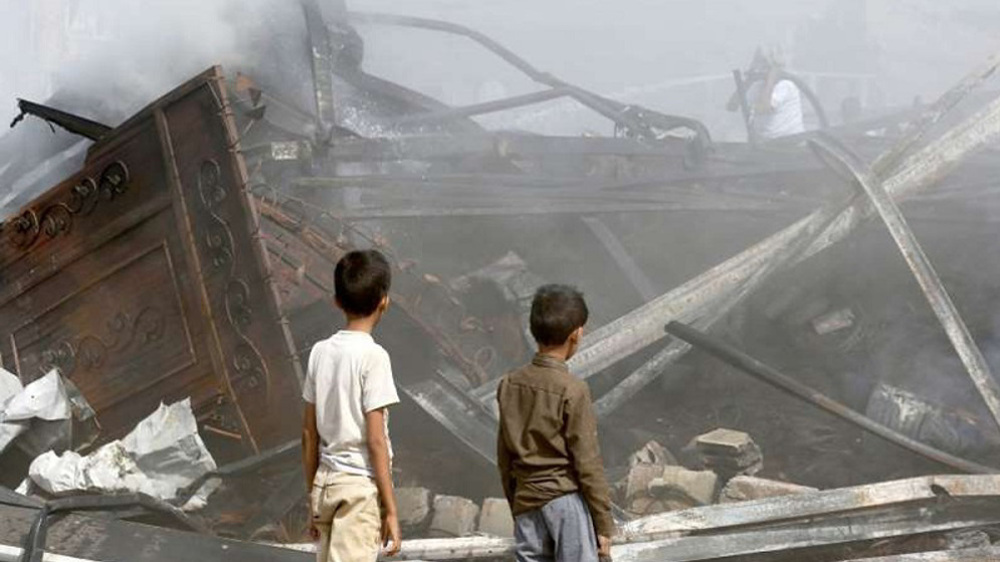
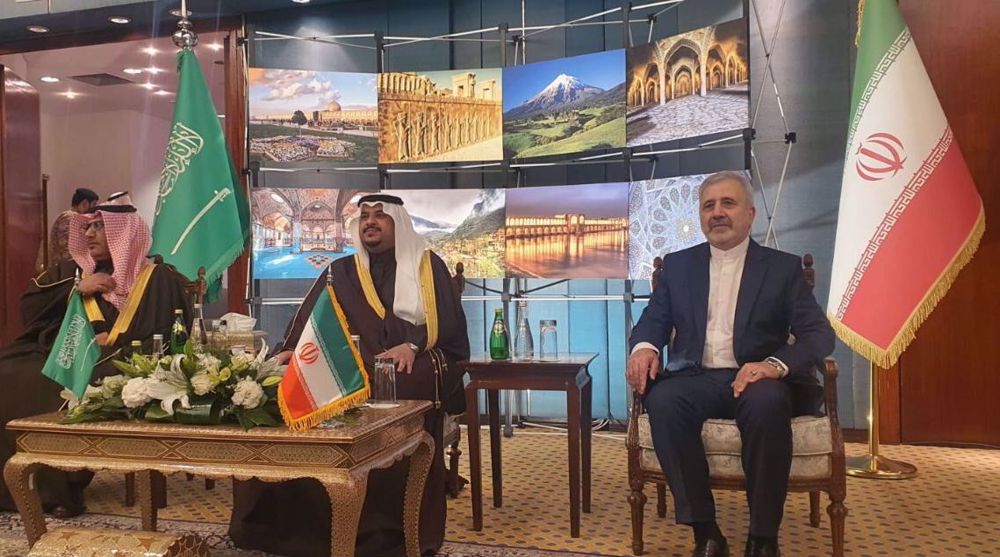
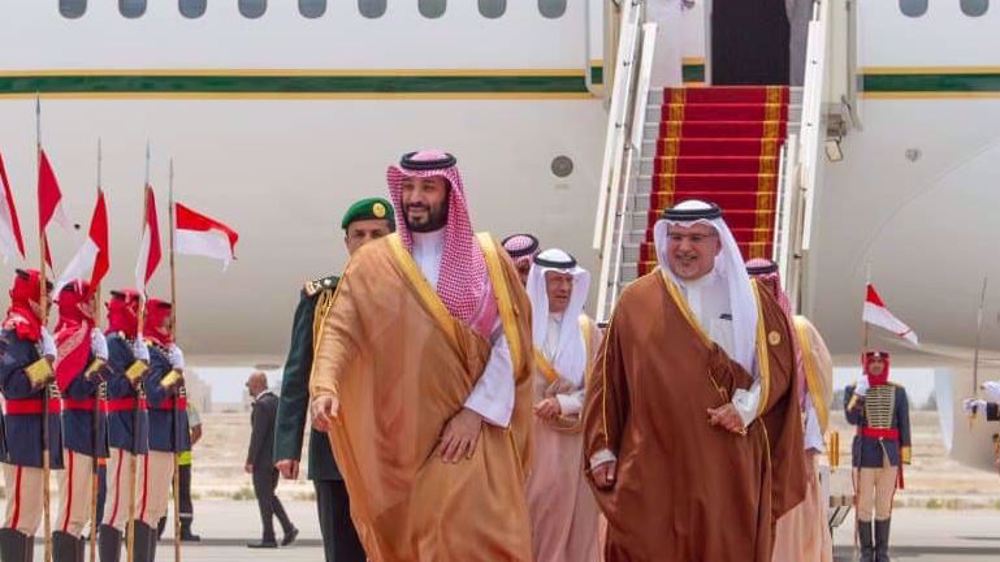
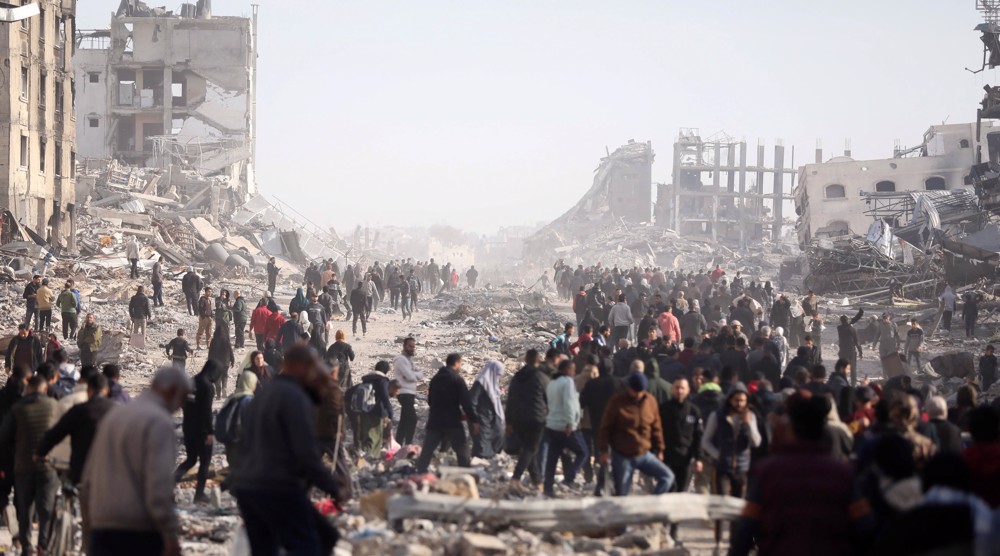



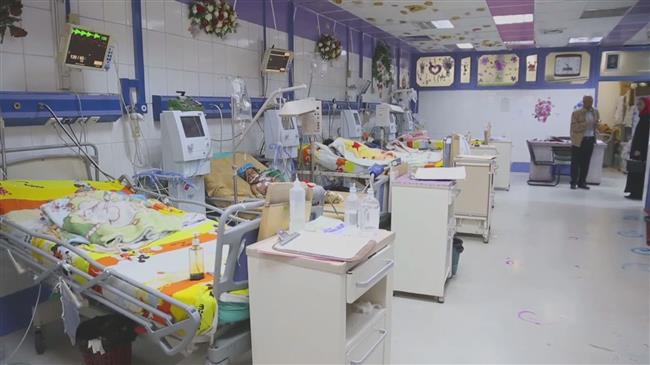
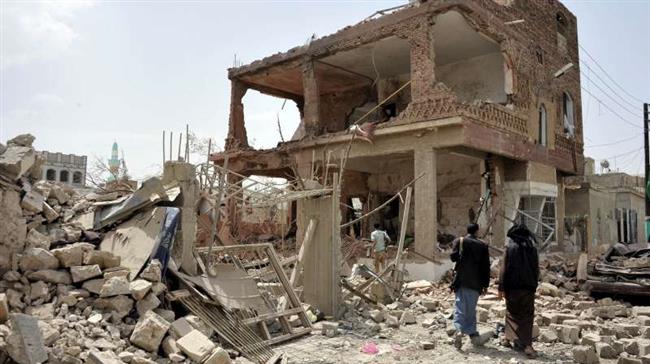
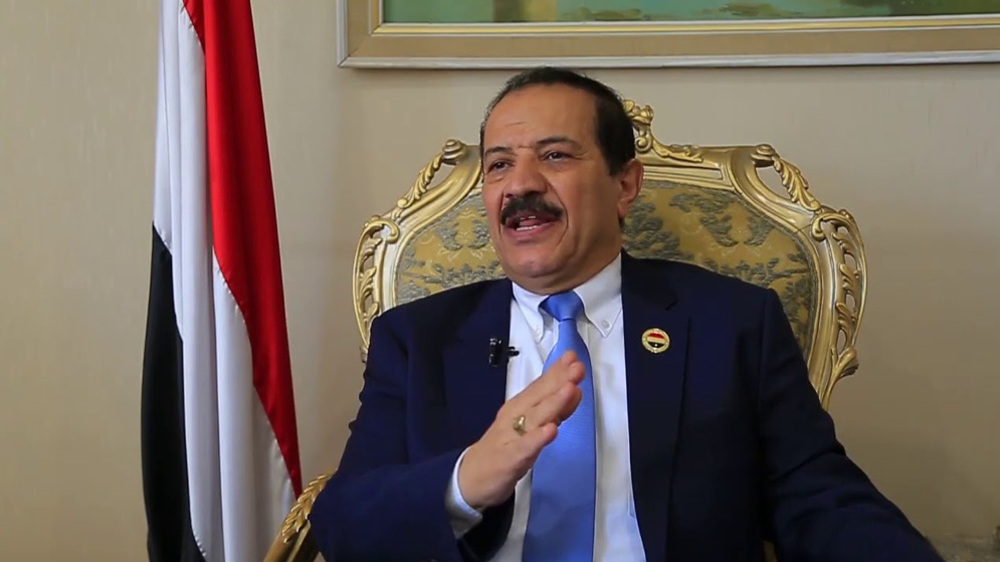
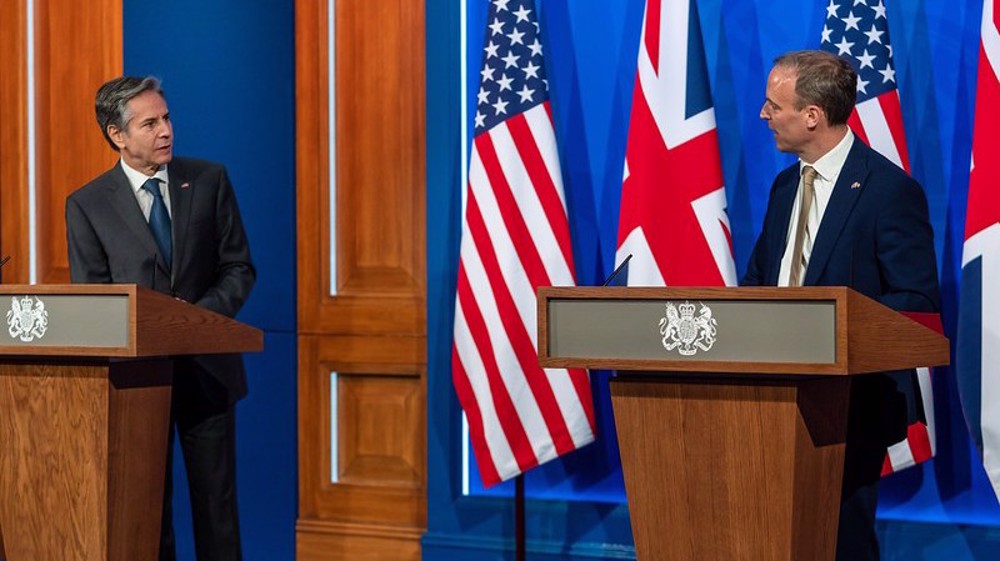
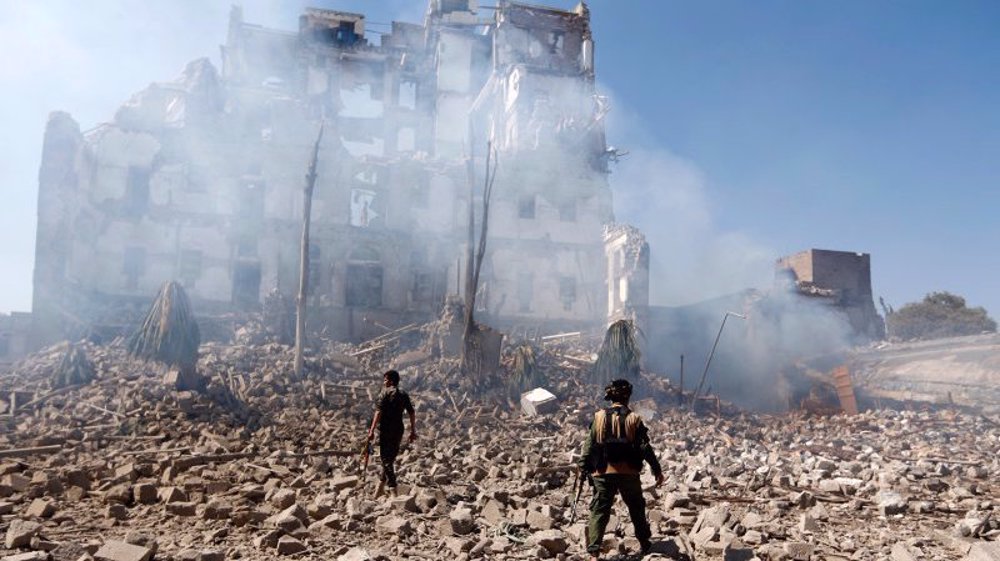
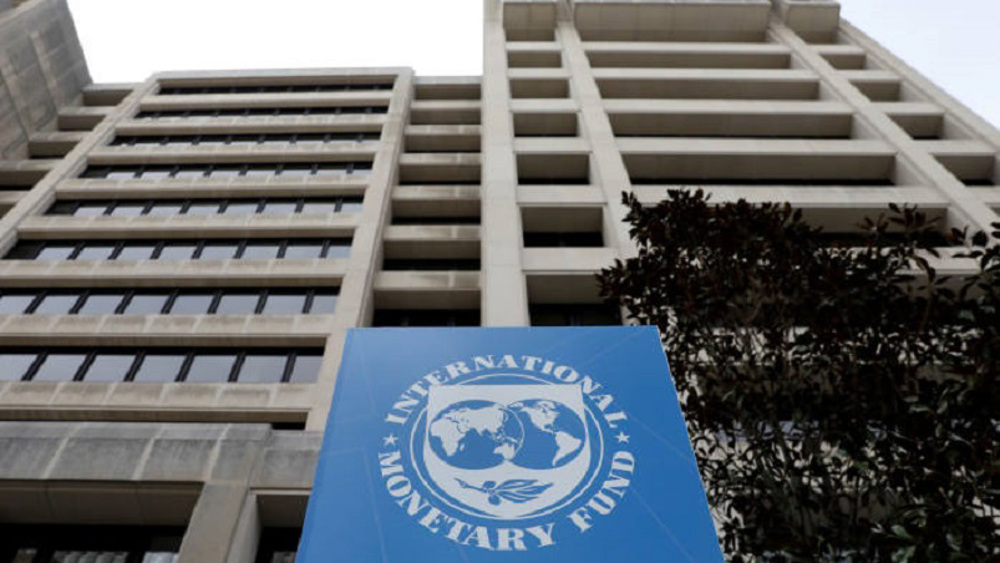
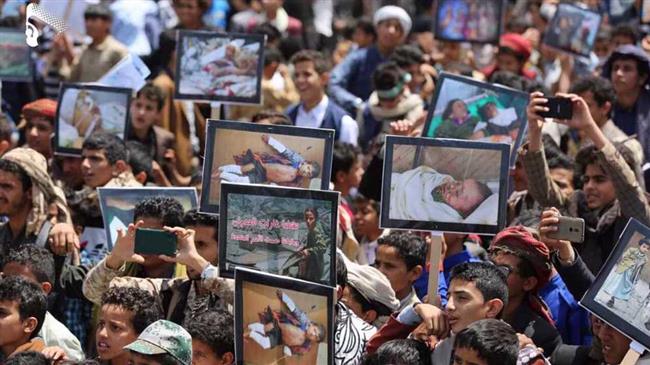

 This makes it easy to access the Press TV website
This makes it easy to access the Press TV website